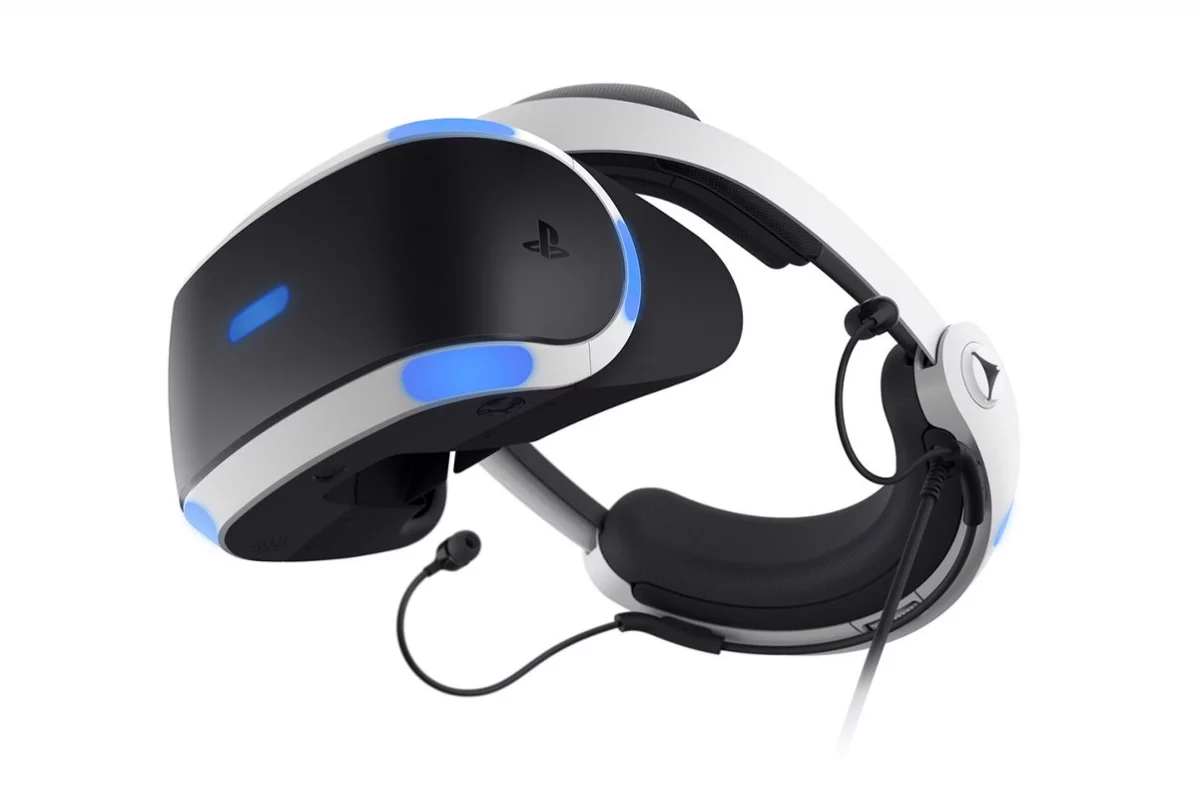Sony has confirmed that it's working on a new virtual reality system for the PS5. In a PlayStation blog post, Senior VP of platform planning and management Hideaki Nishino gave some hints at what to expect from a new PSVR setup, promising "dramatic leaps in performance and interactivity."
The PS4 has been a powerful force in VR – the original PSVR setup might not have had the capabilities of the Oculus Rift or HTC Vive, but with more than 100 million PS4 units in homes across the world, Sony was able to push VR out to users in unprecedented numbers. It sold at least twice the numbers of any competitor between 2017-2018, and while the Oculus Quest's debut in 2019 saw Facebook's figures start to rise, supply constraints made PSVR the biggest winner in that year too, selling 2.2 million units against 1.7 million from Oculus. This has been the biggest-selling VR headset of all time, by a large margin.
We don't have sales figures for 2020 yet, but the PSVR is now looking decidedly long in the tooth, particularly since the Oculus Quest 2 hit the market, and while the original PSVR is compatible with the new PS5 (with an adapter for the PS4's camera), and can derive some performance benefits when it's hooked up to the new console, the time is definitely ripe for a new headset that can make full use of the PS5's impressive grunt, as well as Sony's home gaming dominance and partnerships with game developers.
So what has Nishino got to say about the next evolution of PSVR? Here are the key passages:
"We’re continuing to innovate with our new VR system so that our fans can continue to enjoy the unique experiences that are synonymous with PlayStation. We’re taking what we’ve learned since launching PS VR on PS4 to develop a next-gen VR system that enhances everything from resolution and field of view to tracking and input. It will connect to PS5 with a single cord to simplify setup and improve ease-of-use, while enabling a high-fidelity visual experience."
"One of the innovations we’re excited about is our new VR controller, which will incorporate some of the key features found in the DualSense wireless controller, along with a focus on great ergonomics. That’s just one of the examples of future-proof technology we’re developing to match our vision for a whole new generation of VR games and experiences."
Not a lot to go on there, but some key takeaways. For starters, it's not going to be wireless, and that's a bummer. Fiddling around with cables feels very 2015 when you can just throw a Quest on your noggin and get straight into the fun.
Secondly, it's good to hear that Sony's going to push field of view upward. One of the few disappointments in the Oculus Quest 2 upgrade was that the field of view remained pretty static, around the same 100-odd degrees that the original PSVR offers. A wider field of view is directly correlated to your sense of immersion, and bigger is certainly better.
Thirdly, the new update will hopefully clean up the mess of cameras and processors you currently need to run the PSVR. With a bit of luck, it'll run an inside-out tracking system like the Quest, which requires no external cameras to track the motion of your head and controllers.
Fourthly, it'll incorporate more of the sensitive haptics that make the PS5 controllers such a terrific upgrade from the last generation console.
Nishino says it's still well and truly under development, and won't be launched in 2021. But it's coming, and a mass-market monster like the PlayStation system gives developers a real incentive to invest in content. It'll be interesting to see what the Quest 2 does in terms of sales; it seems likely that Oculus will grab the lead in 2020-21 and take ownership of consumer VR until the PSVR 2 drops, but Sony has proven it can punch hard in this space and all eyes will be on the next generation when it launches.
Source: PlayStation Blog





